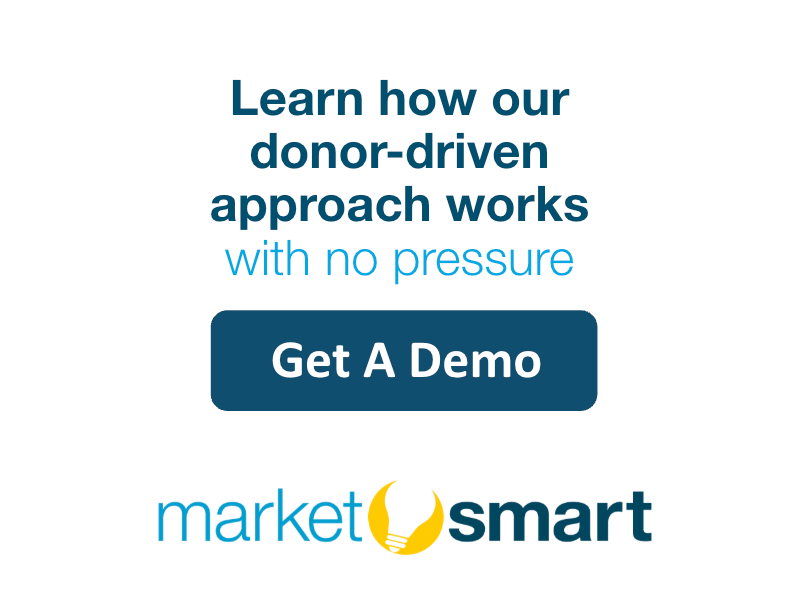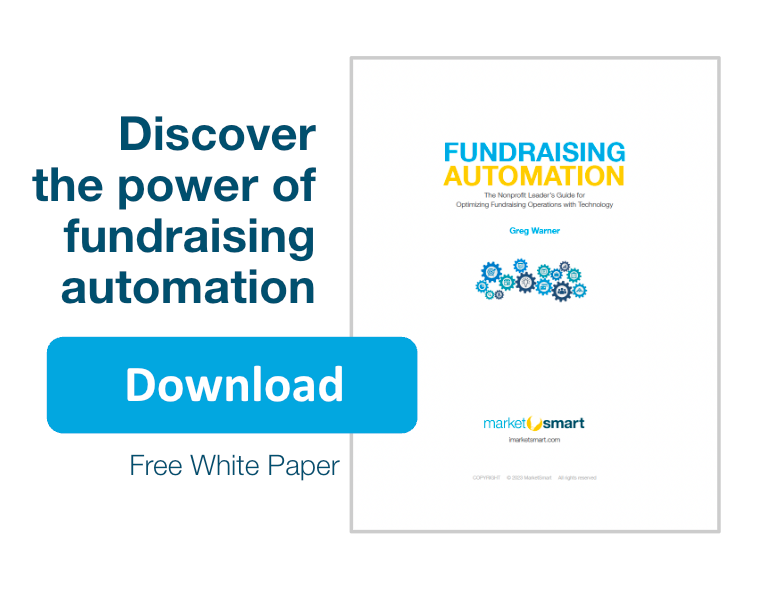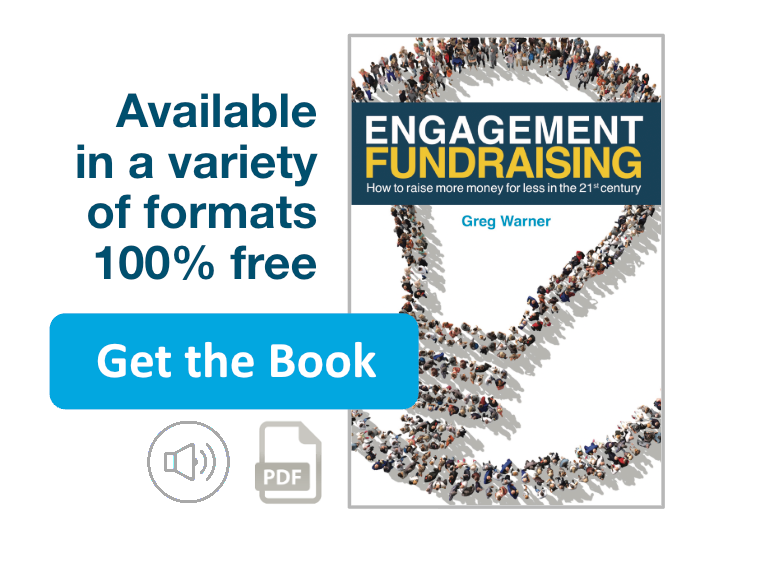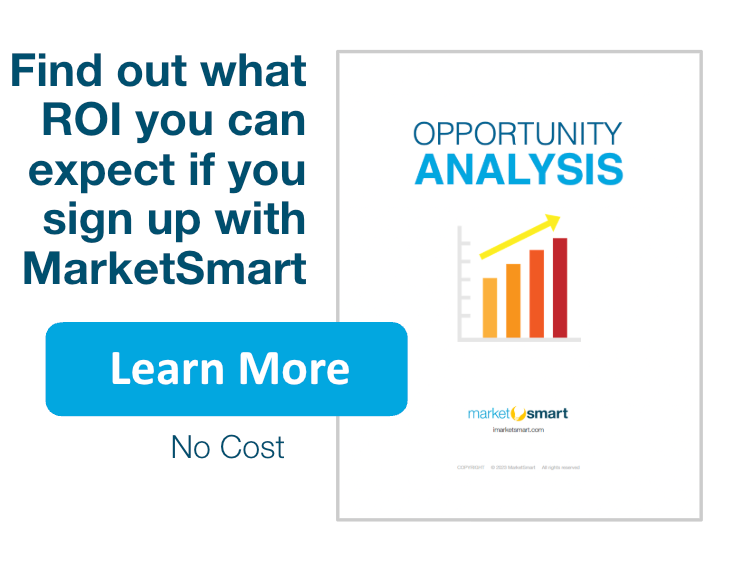One of the most effective strategies for major gifts fundraising is to help your donors advance their personal hero story. This isn’t just our claim. It originates from Dr. Russell James, a National Association of Charitable Gift Planners Hall of Famer who has spent decades studying major giving and planned gifts.
Major giving is ultimately about the donor and the story they want to tell about their own lives. They want the act of making transformational gifts to be part of that story, and it’s the job of gift officers to help them accomplish that to the fullest.
If you want to land the biggest gifts from your wealthiest donors, this is the skill you want to develop. And a key component of it is to help your wealthy donor prospects uncover their own stories. They need to know the story of their own lives so they can feel and know why making a gift should be a part of it.
Today, we’re going to look at 10 questions you can use in your conversations with major donor prospects that will help them discover how meaningful charitable giving plays a key role in their own stories.
Questions to Use with Wealthy Donor Prospects
Here’s a small taste of what you’ll learn in the eCourse – ten questions for wealthy donors that will help them discover the story of their lives, and the pivotal role of giving in their narrative.
You would use these questions in the early stages of building a relationship with a potential major donor. You do not need to ask all of them, and you can alter the order as you see fit.
1. Tell me about your journey
This question needs to be adapted to fit your specific context. The full question would read like this: Tell me about your journey since graduating. Tell me about your journey since your first diagnosis. Tell me about your journey since you first volunteered or got involved with our charity.
The idea here is to get the donor to start thinking about how much of their life is intertwined with the mission and work of your nonprofit.
It’s personal. They aren’t giving or getting involved just for a tax write-off. That’s a fringe benefit. It matters, but not at this point in the conversation.
Right now, you want to start producing within the donor what Dr. James calls social emotions – feelings of profound empathy for the people a gift will impact. You also want them to visualize themselves as part of a story, and identify with the people they will be helping. These are the foundational drives behind why donors give.
2. What are your interests?
This is a broad question that can go in a lot of directions, but the idea is to get the donor to start thinking about their life. Interests are distinct from hobbies and pastimes. ‘Interests’ implies some degree of conviction or emotional desire to do or see something.
Their answer may or may not touch on your organization, mission, or cause, but what they say will create a more natural pathway to getting there as the conversation continues.
3. How do you want future generations to benefit from your interests?
This is a possible follow-up question to the previous one. It gets the donor thinking ahead, about the impact of their life on other people, and how that relates to their interests. It also reframes the idea of ‘interests’ if they took the previous question as asking about self-interest.
You might also come back to this question after asking some of the others on this list.
The idea here is, the story of the donor’s life remains unfinished. There are chapters unwritten, and events as yet untold. What they do now will affect future generations, and that’s how you want them to start thinking.
4. Why do you care?
As with the first question, adapt this one to be more relevant to your context. Why do you care about pregnant mothers in Togo? Why do you care about the lack of clean water in Belize? Why do you care about the music hall downtown? Why does our university matter to you?
You might also rephrase this question, because the word ‘why’ can sometimes arouse a feeling of defensiveness. Focus on the motive behind this question, and phrase it in a way that works for you.
5. Who influenced you to care?
You want to know where their commitment to your cause originated in their past. Again – this is about their story and how your mission fits into it. The origin story is a big part of that. How did this start? Often, there is another person who played a key role in their lives that motivated them to get involved in this cause.
6. Would you tell me more about that story?
This is a great follow-up question to several questions on this list. Sometimes, key moments in our lives happened years, even decades ago. Think about a donor in their 70s, who has been involved in some capacity with your cause since college, and with a variety of organizations in that time.
What happened 50 years ago in their life that has led to this lifelong involvement? Why does this still matter to them? You won’t help them discover the answer to that with just one question. Dig deeper.
7. How did you decide to first start supporting our charity?
It may not have been a person who played the key role in leading this donor to care about your mission. It could have been a life experience of some kind. It might have been a movie or documentary they saw, something that happened to a friend or relative, or many other things.
But something motivated that first decision to give money, no matter the amount, in exchange for nothing but the feeling that they had done something good.
Again, you’re not just asking this so you can know and relate to the donor. You’re also asking these questions so they will understand themselves.
Major giving is partly about self-discovery. What is the story of my life, and am I living it out the way I want it to be told? For many gift officers, this is a huge paradigm shift from how fundraising has typically been done.
8. Of all the charities you support, why do you support us?
Obviously, you wouldn’t use this one if you know your nonprofit is the only organization they support. But most major donors give to more than one nonprofit. They don’t, however, necessarily give major gifts to all of those. And that’s one of several reasons you ask this question.
What is different about your charity, in their mind? What role do you play in the story of their lives that is distinct from other organizations?
Again, this isn’t just so you will know the answer. You want them to know why the role of your charity in the story of their life isn’t the same as other organizations. There is a different reason why they support each nonprofit.
And this isn’t about competition. They might ultimately give major gifts to multiple nonprofits, and that’s fine. But they have chosen each of these organizations for a reason. They need to know what those reasons are. Help the donor discover them.
9. What is the most meaningful experience you’ve had through your involvement?
For donors who have been involved with your organization in any significant capacity, use this question to evoke the emotional power of memory. This is another way to get at the idea of why they care. There is probably some prior experience that affected and motivated each donor enough that it eventually led to them sitting in front of you in this meeting.
10. What does victory look like to you?
This is another future-oriented question. Once the donor sees their life as an unfinished story, with goals, desires, achievements, and experiences still incomplete, use a question like this to get them thinking about how they want to finish the story.
This question raises the notion of permanence, legacy, and leaving a mark that lasts well beyond your life.
Help Your Wealthy Donors Tell Their Life Stories Through Giving
The most transformational gifts come from people who long to make such gifts. They don’t get coerced or pressured. They want to give. They yearn to give. It means something to them, something that touches on the core of their humanity and existence.
The way to generate gifts like this is to help donors advance their personal hero story, and to see transformational giving as the pathway to achieving that.
Master this ability, and you will win more gifts, and bigger gifts, than you ever imagined.
Related Resources:
- How to Help Your Wealthiest Supporters Solicit Themselves
- 4 Primal Motives for Major Gifts – the REAL Reasons People Make Transformational Gifts
- Major Donor Stewardship – Million Dollar Experiences for Million Dollar Donors
- Comfort Zones: The Places That Foster the Fullest Expressions of Philanthropy




